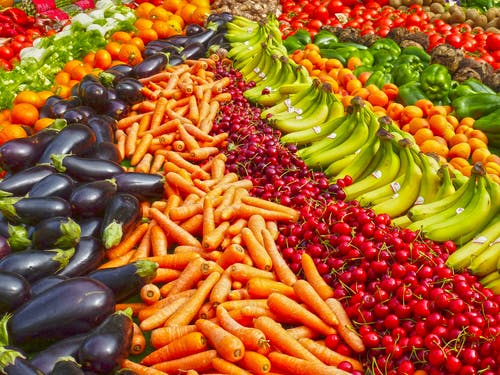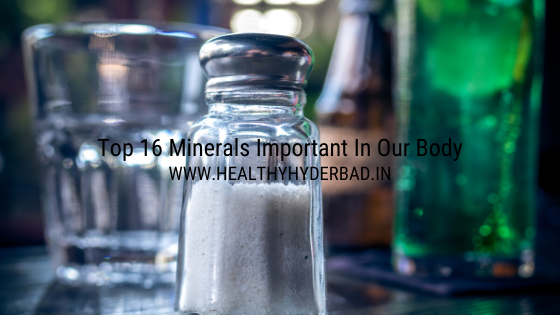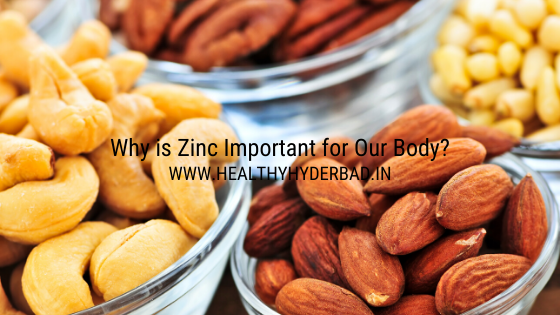Tension:
Tension is known as mental or emotional strain.
Who experiences tension?
Everybody experiences tension. Tension and anxiety are as natural as thirst. It is not a cause for concern to face stress; in fact, a little stress is very important for growth. Stress improves performance.
However, it is alarming when tension strikes too often. Minor problems give a huge headache. Small pleasures don’t make you happy anymore. Nothing seems to be in control. Situations slip out of the hands like dry sand from the gaps of the fingers. Fear of misunderstanding doesn’t allow you to confide in a friend. The frequent occurrence of these signs means you need to act upon the circumstance before it’s too late.
How to get relieved from Tension?
Talk it out loud:
When something bothers you, don’t bottle it up. Take your time to find the right words and then confide your worry to a person who will understand. Talk to your parents, or call your school friend even if you haven’t been in contact for a long time. Talking it out will help you relieve your nerve. You will be able to see your problem in a clearer way. With a little assistance from your confidant, you can find a solution. Talking it out is the easiest and fastest way of solving any issue.
Give in:
It is very important to analyze what is bothering you actually. There are times when we feel frustrated about everything, small or big, while the root cause is something completely else. A misunderstanding with your spouse in the morning can lead to a quarrel with your colleague over an entirely different issue at the office. When you face such frustration, give yourself a moment. Don’t act in anger. Sit down and find the real cause. Ask yourself if it really is worth your reaction. Most probably you will find yourself answering “I shouldn’t be so angry over this trivial issue “.Anger in tension often leads to resentment. So, always calm yourself down before you react.
Go easy:
In today’s age, time seems to travel at a higher speed than light. All of us are striving to keep pace with it. When a small task is not done in time, you feel instant guilt building up at the back of your mind. How will I complete this? If I can’t do this, what will happen to my other bigger plans? Will I ever live up to the expectations that people have on me? And the chain of thoughtful questions goes on. Before you impose any harsh disciplinary routine over yourself, shun the superman urge. Hard work and hustle are important but not at the cost of mental tension. Plan your actions according to your capabilities.
The quest for peace of mind is universal. We have to work to achieve it. Meanwhile, trust the process of the universe. Everything has the right time. By worrying over an issue, we cannot reach somewhere before or after the right time. Being patient is important






